
Few grape varieties conjure as much allure and enthusiasm as Sauvignon Blanc. With its crisp acidity, aromatic profile, and universal appeal, it has charmed palates from every corner of the globe. Let's explore its multifaceted narrative, from its roots to its modern-day acclaim.
We will begin by examining the distinct characteristics and flavour profile of Sauvignon Blanc grapes. This variety is known for its unique qualities and taste. We will also look at interesting historical and anecdotal aspects related to Sauvignon Blanc grapes, which may enhance one's appreciation of the grape.
We will then trace the history of Sauvignon Blanc, discussing its origins and the development that has led to its current reputation. Following that, we'll look at the viticulture of Sauvignon Blanc, focusing on the optimal growing conditions it requires, including the preferred climate and soil conditions.
The discussion will continue by identifying the primary regions where Sauvignon Blanc is cultivated and the impact of each region's terroir on the grape's flavor and aroma. Terroir refers to the environmental factors that affect a crop's phenotype, including unique environment contexts, farming practices, and a crop's specific growth habitat.
Additionally, we will consider how sustainable practices are applied in the production of Sauvignon Blanc to reduce environmental impact.
Finally, we will highlight notable wines produced from Sauvignon Blanc, recognizing the grape's contribution to the wine industry from classic to contemporary expressions.
In this exploration, we aim to provide a comprehensive understanding of Sauvignon Blanc grapes and their significance in winemaking.
The Sauvignon Blanc grape variety is distinguished within the field of viticulture for its distinctive characteristics. Originating from the Bordeaux region of France, this grape has spread globally, adapting to various environments but maintaining its inherent qualities. The grapes are medium-sized and compact, with a coloration that combines green and gold.
The appeal of Sauvignon Blanc wines lies in its flavour and aroma, which have made it popular among wine enthusiasts. The wine made from these grapes typically exhibits a strong aroma and a refreshing taste. High acidity is a hallmark of Sauvignon Blanc, making it suitable for a variety of dishes. This grape is versatile, used in creating both the dry and crisp white wines and the sweet Sauternes for which Bordeaux is known.
Every grape variety has its stories, those little tidbits of trivia that add color to its already vibrant character. Let's uncork some fascinating facts about Sauvignon Blanc:
While many grape varieties are rooted in the specific terrains that give them life, a handful break free, embodying versatility and universal appeal. Sauvignon Blanc is one such varietal, demonstrating a rare adaptability that's led to its proliferation across continents and cultures. When enthusiasts gather to discuss their favorite wines, the conversation around Sauvignon Blanc is particularly rich. Every individual brings to the table a different interpretation of this beloved grape, given its myriad styles and expressions available globally.
The genesis of Sauvignon Blanc is rooted in the verdant stretches of the Loire Valley in France. In the shadowed annals of the 1500s, the Sauvignon Blanc grape made its debut. Its inception is the result of centuries of careful cultivation and breeding to hone its distinctive taste, reminiscent of a medley of fruits. The creation of this grape is akin to an intricate puzzle. While we're privy to one piece, the Savagnin grape, its other parent remains shrouded in mystery, keeping us guessing about the exact lineage that lent Sauvignon Blanc its renowned resilience.
In its nascent form, the grape was a wild entity, thriving amid the French landscapes and demonstrating an impressive ability to adapt to varied climates. Its true potential, however, was realized in the mid-1750s when it was blended with Cabernet Franc. This serendipitous union birthed the esteemed Cabernet Sauvignon. Fast forward to the age of scientific advancements, and in 1996, Dr. Carole Meredith, along with her Ph.D. student, John Bowers, unveiled a revelation. Through DNA sequencing, they deduced that the celebrated Sauvignon Blanc was a progeny of both a white and a red wine grape, challenging prior perceptions and deepening the intrigue around its heritage.
The charm of Sauvignon Blanc isn't confined to its history or genetic makeup. Vintners hold it in high esteem, valuing its malleability in blending experiments. By 1990, the Cabernet Sauvignon variant had climbed the ranks to become the 8th most cultivated grape globally, boasting a robust alcohol content and distinctively dark features.
But beyond statistics and accolades, Sauvignon Blanc's true triumph lies in its ubiquity. With approximately 65,000 acres in France dedicated to its cultivation, it's not just widely accessible but consistently delightful. Its reputation is a testament to its adaptability, making it a wine that's as reliable as it is varied in its expressions.
The alchemy of crafting an exceptional wine is as much about the grape itself as it is about the environment in which it's cultivated. Sauvignon Blanc, with its distinctive taste and aroma, is particularly sensitive to its terroir. Each element of its surroundings, from the soil to the atmospheric conditions, leaves an indelible imprint on the grape, influencing its final expression in the wine. Let’s delve into the optimal viticultural conditions that allow Sauvignon Blanc to truly thrive.

In conclusion, while Sauvignon Blanc has proven its adaptability across varied terrains and climates, it's these specific conditions that bring out the best in the grape. From the richness of the soil to the nuances of temperature and altitude, every element contributes to crafting a wine that captures the essence of its environment, offering a sensory journey with every sip.
Sauvignon Blanc, with its characteristic vivacity and refreshing zest, isn't bound by geographical limitations. Instead, its tendrils reach out across the globe, settling into diverse terrains, each with its unique terroir. As this grape embraces different landscapes, it absorbs distinct elements from each, resulting in wines that, while united by the core Sauvignon Blanc essence, offer a myriad of nuanced expressions. Let's embark on a geographical exploration to uncover the prime regions where this grape flourishes and how each terroir changes the Sauvignon Blanc characteristics

As we traverse these regions, it becomes evident that while Sauvignon Blanc carries a universal signature, its true beauty lies in its adaptability. Each region, with its distinct climate, soil, and topography, converses with the grape, guiding it to express varied facets of its personality. The result? A wine that, regardless of its origin, tells a story of its terroir, inviting us to savor the nuances of each sip.
In the harmonious dance of sun, soil, and vine, the Sauvignon Blanc grape takes root, capturing the very essence of its environment in each cluster. However, as global challenges mount—from climate change to dwindling resources—the wine industry, particularly the cultivation of Sauvignon Blanc, stands at a crossroads. Now more than ever, sustainability isn't just a buzzword; it's an imperative for ensuring that the storied legacy of this beloved grape continues for generations to come.
But what does sustainability in Sauvignon Blanc cultivation mean for you, the discerning wine consumer? Let's uncork this topic, exploring the layers that constitute sustainable viticulture and the pivotal role it plays in shaping the future of Sauvignon Blanc.
Each grape varietal interacts differently with its environment, and Sauvignon Blanc is no exception. Its particular sensitivity to terroir means it's especially receptive to the minutiae of its surroundings. The grape’s thin skin makes it susceptible to pests and diseases, prompting many vineyards in the past to rely heavily on chemical treatments. However, sustainable practices emphasize organic and biodynamic methods that prioritize the grape's natural defenses and the ecosystem's balance.
Every time you select a bottle of Sauvignon Blanc, you're casting a vote for the kind of world you want. By supporting wineries that champion sustainable practices, you're endorsing a vision of wine cultivation that respects the earth, values its people, and looks to the future.
Many certification bodies, like Sustainable Winegrowing New Zealand or California Sustainable Winegrowing Alliance, offer seals of approval, guiding consumers towards responsible choices.
Furthermore, sustainability in wine goes beyond the vineyard. As a consumer, you can extend this ethos by considering your wine's transportation footprint, opting for local choices when possible, and recycling or upcycling wine bottles and packaging.
The journey towards complete sustainability is ongoing, with innovations and practices evolving with each vintage. As climate patterns shift and resources become scarcer, the wine industry's adaptability will be tested. However, with a collective commitment from growers, producers, and consumers, Sauvignon Blanc's legacy can be one of resilience, respect, and rejuvenation.
In essence, every bottle of sustainable Sauvignon Blanc wine is more than just that: it's a testament to the harmony of nature and humanity. As you savor its vibrant notes, take a moment to appreciate the symphony of efforts that have gone into its creation, and raise a toast to a future where wine and sustainability are inextricably intertwined.
Sauvignon Blanc is a grape variety that has found a home in various corners of the world, each region imparting its own unique characteristics. As one delves into the world of this vibrant grape, certain names stand out not just for their quality but also for the way they define and elevate the potential of Sauvignon Blanc. Let's embark on a journey through the most iconic Sauvignon Blanc wines and discover their distinct aroma and flavor profiles.
By exploring these iconic wines, one can truly appreciate the versatility and global appeal of Sauvignon Blanc. Each bottle is a reflection of its origin, capturing the essence of its terroir and the artistry of its winemaker
In the vast and intricate tapestry of the wine world, Sauvignon Blanc occupies a singularly luminous patch. Having delved deep into its profile, we are left with an appreciation for a grape that is as enigmatic as it is expressive.
At its core, the Sauvignon Blanc grape is a study in duality. Its straightforward, verdant flavors of green apple, gooseberry, and freshly cut grass can swiftly deepen into complex notes of flint, elderflower, and tropical fruit, given the right conditions. This duality is mirrored in the surprising facts surrounding the grape. From its etymology rooted in the wild ('sauvage'), to its unexpected parentage linked to the prestigious Cabernet Sauvignon, every fun tidbit only adds another layer to its story.
A dive into its history transports us to the Loire Valley and Bordeaux in France, where its journey began. But the grape's adaptability and the magic it spells in various terroirs have led it to find homes in regions as diverse as New Zealand's Marlborough to California's Napa Valley.
Every region, with its unique geography, climate, and soil, imprints its signature on the grape, making the influence of terroir on Sauvignon Blanc's characteristics a fascinating study. Whether it's the mineral-laden expressions from Sancerre or the fruit-forward, zesty profiles from New Zealand, Sauvignon Blanc wears its terroir proudly on its sleeve.
Viticulturally speaking, the grape's journey is no less interesting. While it favors moderate climates and well-drained soils, its adaptability means it can be cultivated under a range of conditions. However, true excellence in Sauvignon Blanc is often achieved in regions where the balance between sunlight and cool conditions is just right, allowing the grape to mature slowly, accumulating flavor without losing its characteristic acidity.
Yet, in today's world, simply producing a great wine isn't enough. The chapters on sustainability highlighted the growing importance of eco-friendly practices in viticulture. Climate change and its far-reaching effects mean that wine regions previously ideal for Sauvignon Blanc are undergoing transformation.
But this is also leading to a change of mindset. Producers are increasingly recognizing the need for sustainable, environmentally friendly practices to ensure the grape's future. Innovations in water management, pest control, and organic farming are not just buzzwords but essential tools in the modern vintner's kit.
Lastly, our exploration would be incomplete without acknowledging the iconic wines birthed from this grape. From the legendary bottles of the Loire Valley to the contemporary classics from the Southern Hemisphere, Sauvignon Blanc has given the world wines that are both reflective of their time and timeless in their appeal.
In essence, the Sauvignon Blanc grape is a storyteller. It speaks of its history, its journey, the lands it has touched, and the hands that have nurtured it. As we raise a glass filled with its golden-green hue, we are not just sipping a wine, but partaking in a narrative that is centuries old and yet, refreshingly new with every vintage. Cheers to Sauvignon Blanc – a grape that continues to enchant, surprise, and inspire wine lovers around the world.
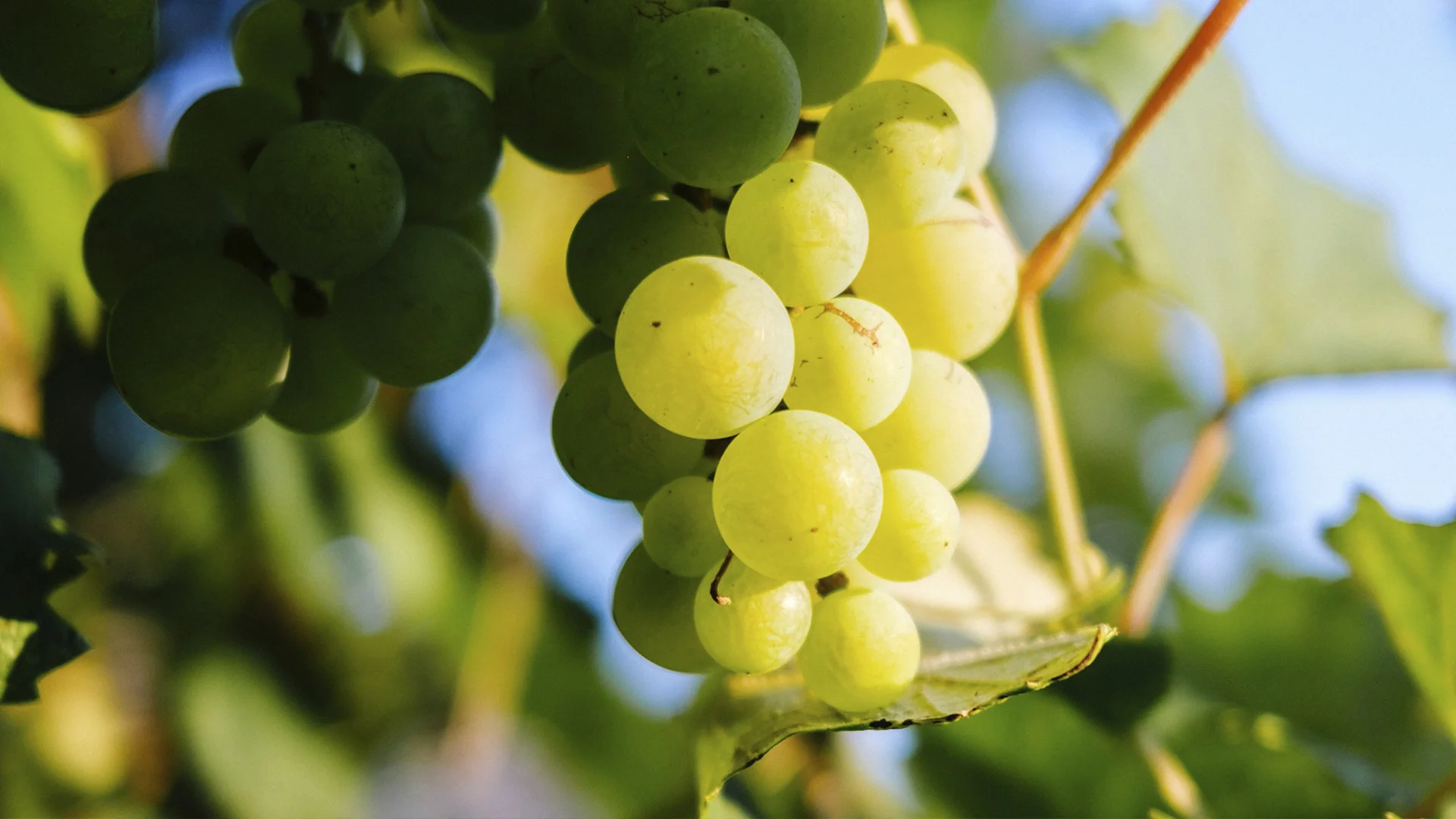
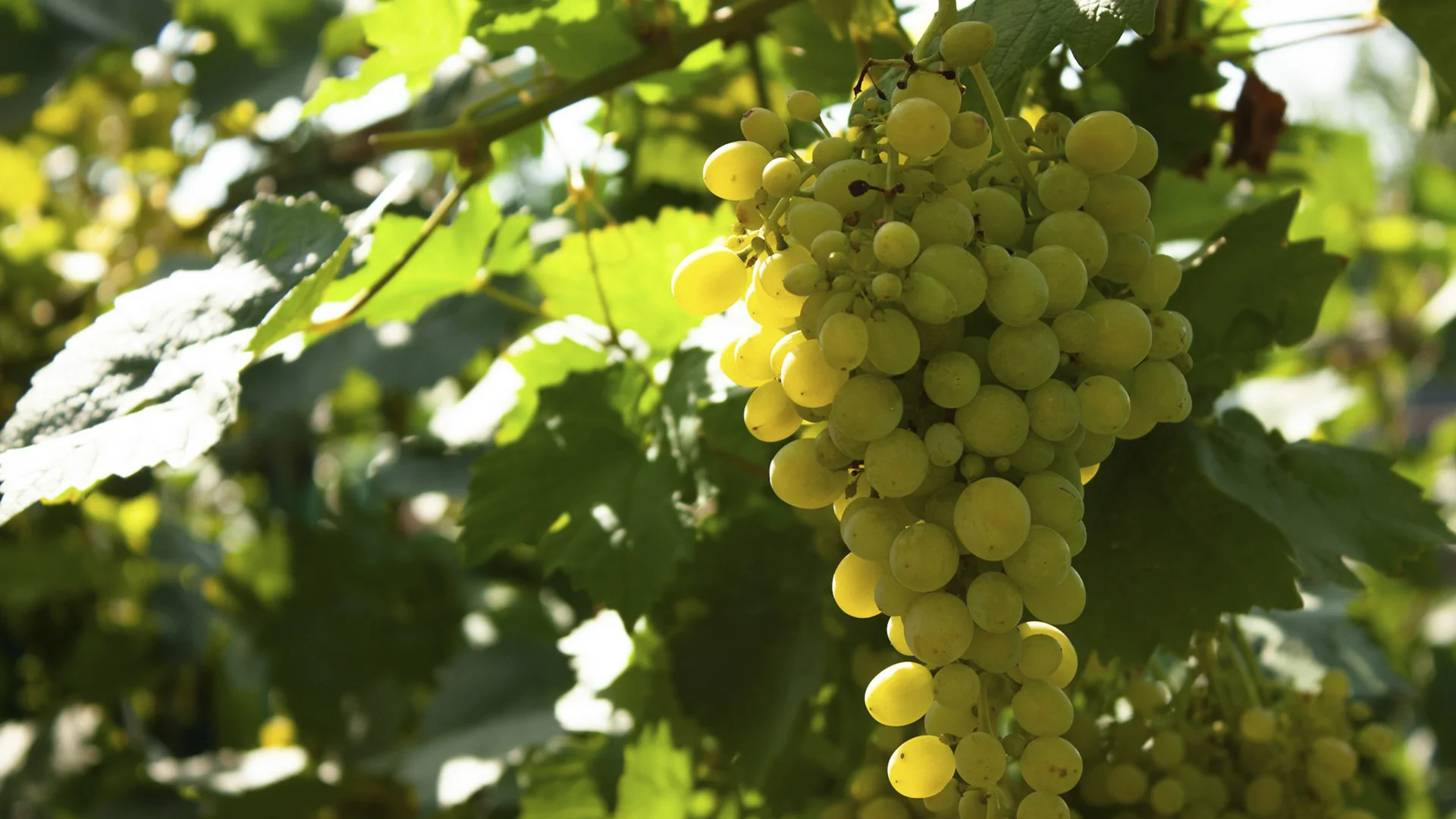
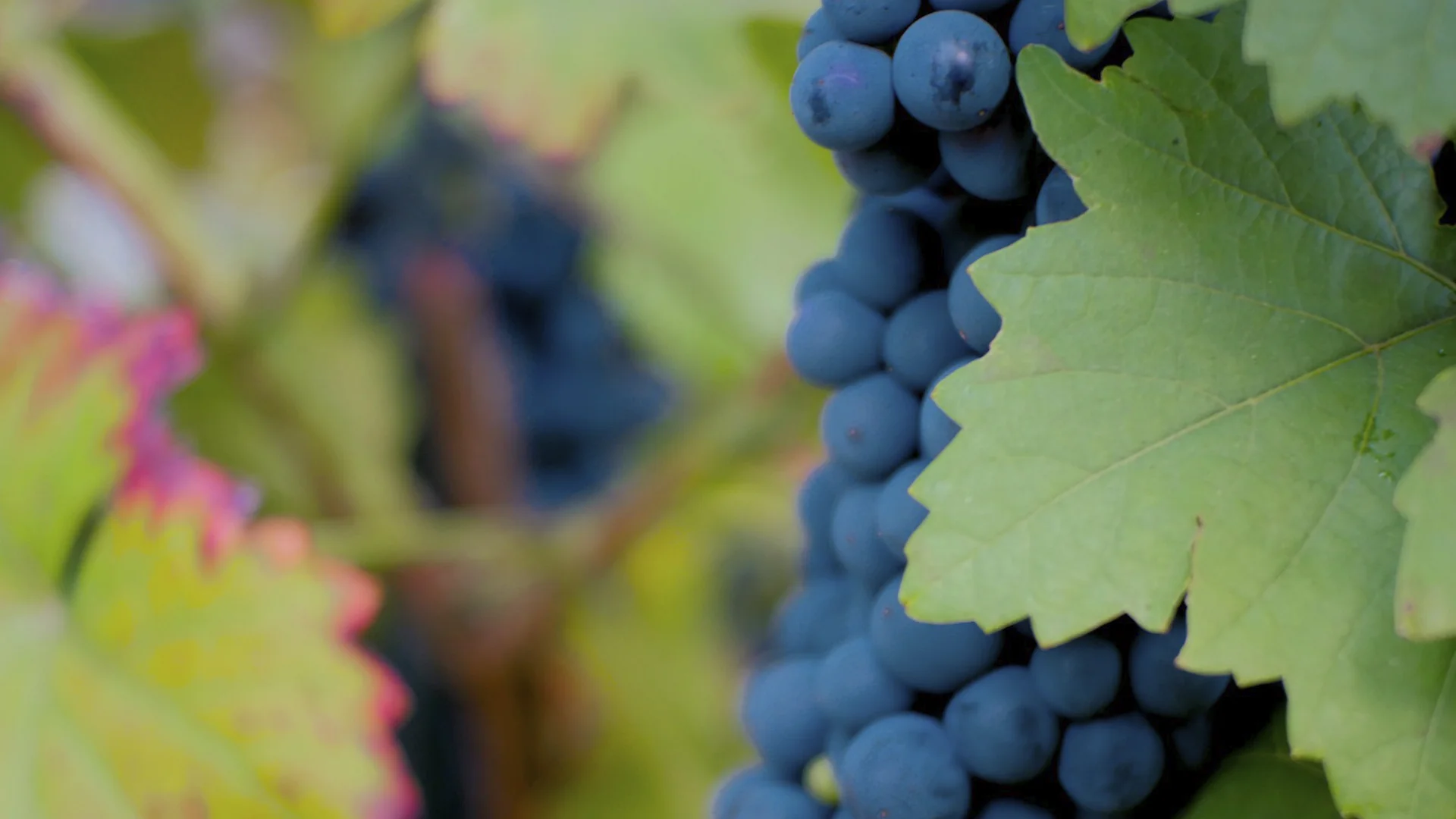
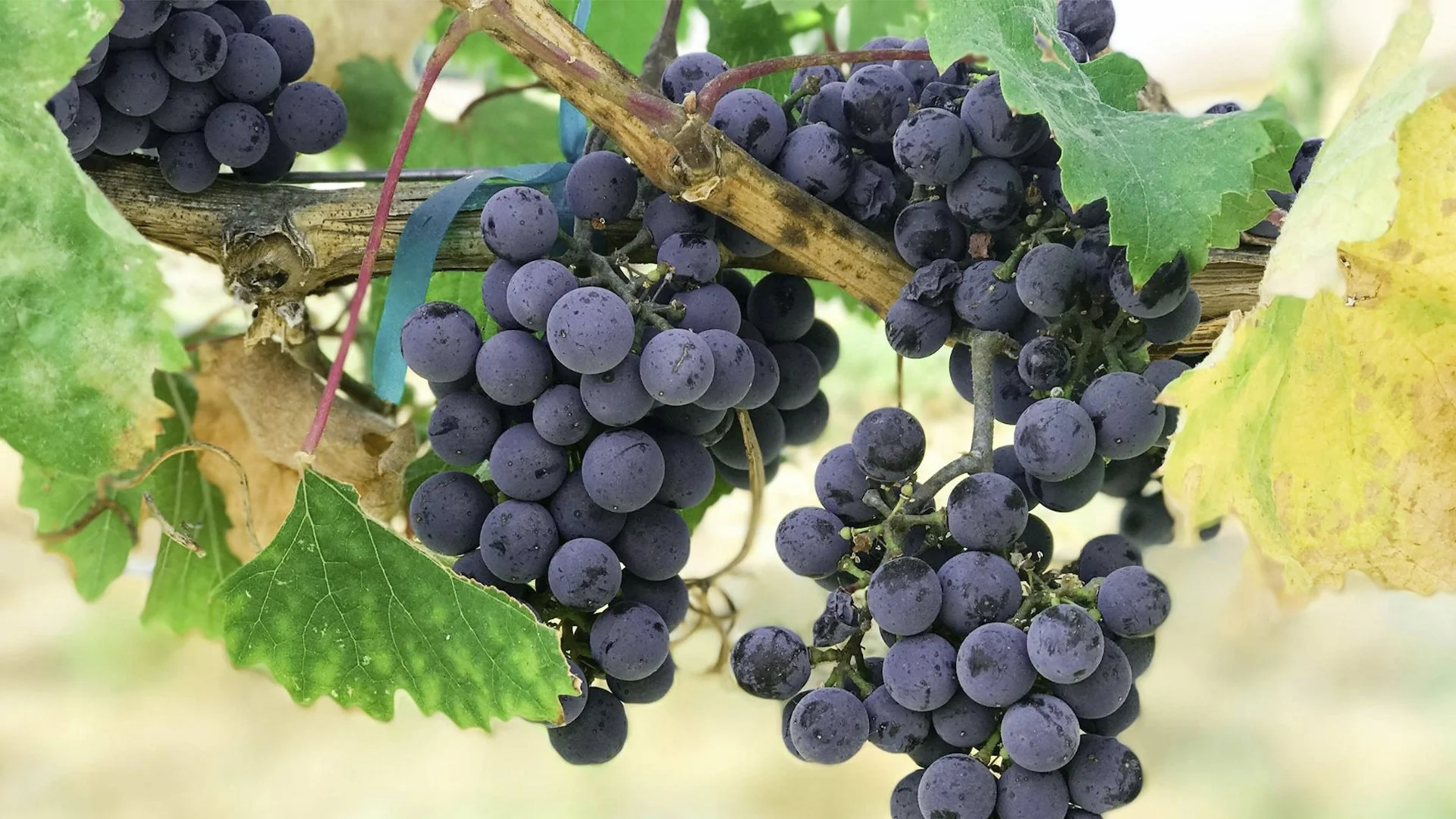
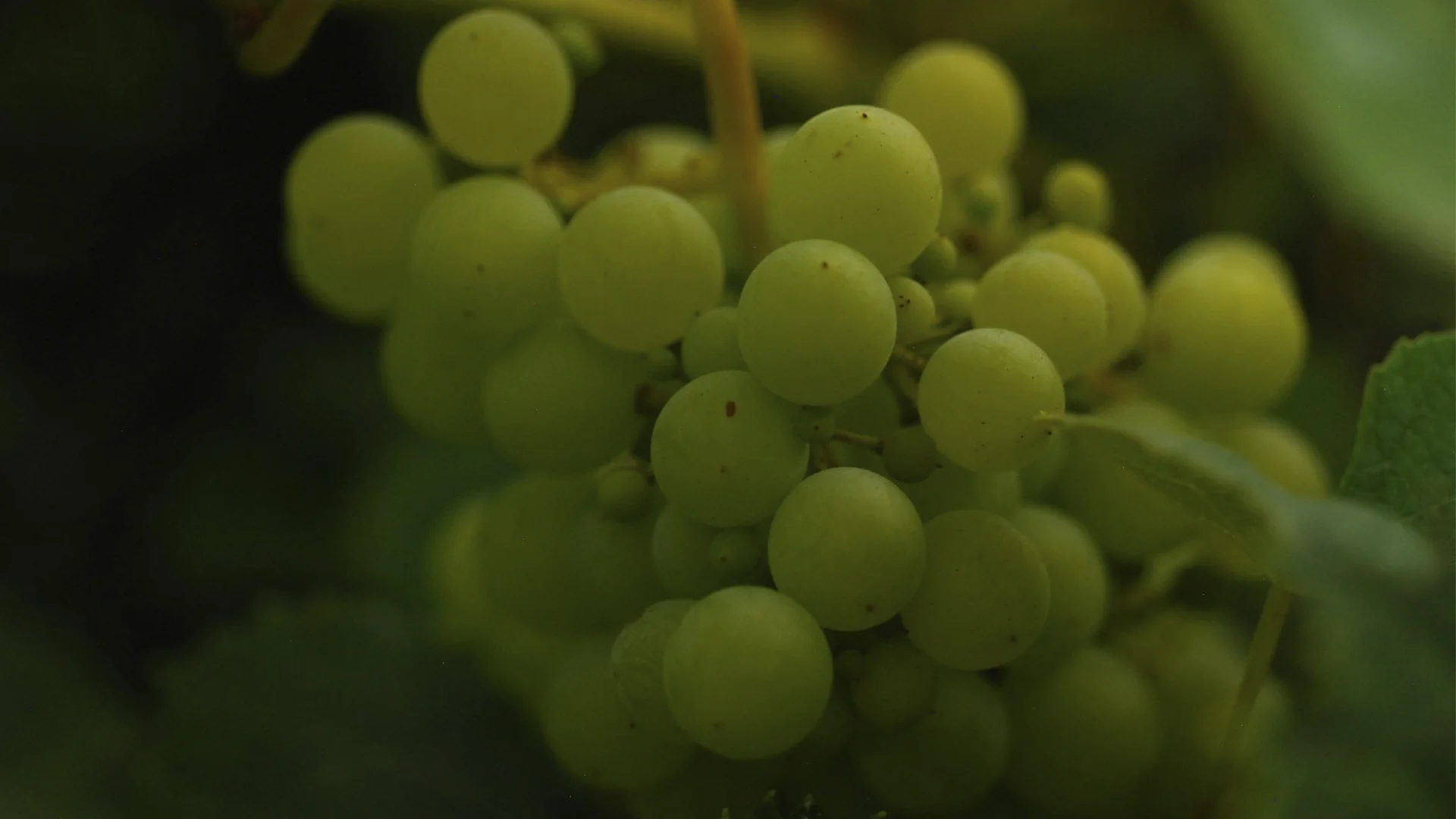
























































































.webp)

.webp)





Are you interested in
collaborating with us?